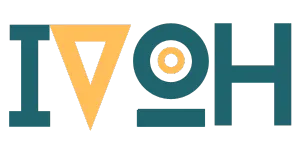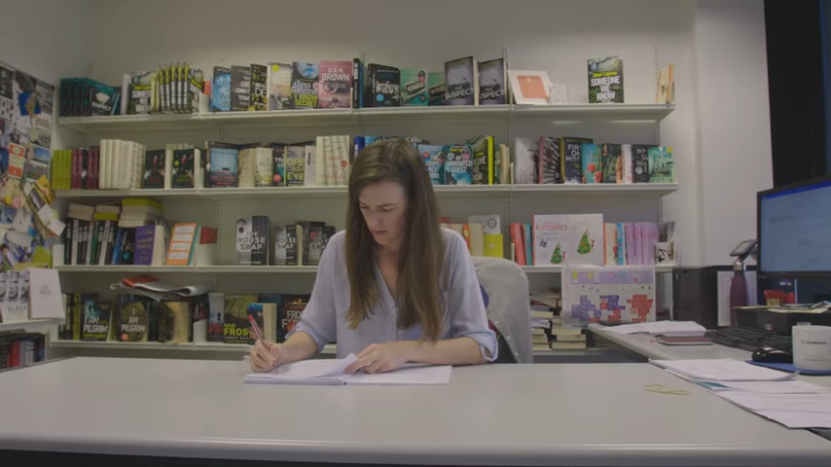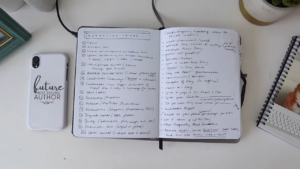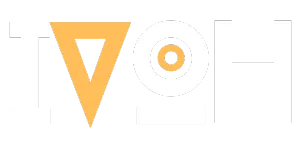After long hours writing, your book is done. But the real work is just beginning. Your story now needs polishing to find readers.
How do you connect with someone who can help your writing shine? This guide offers practical tips for picking the right editing partner.
With a skilled collaborator, your manuscript will be stronger. Readers will connect with your story in a whole new way.
1. Define Your Needs
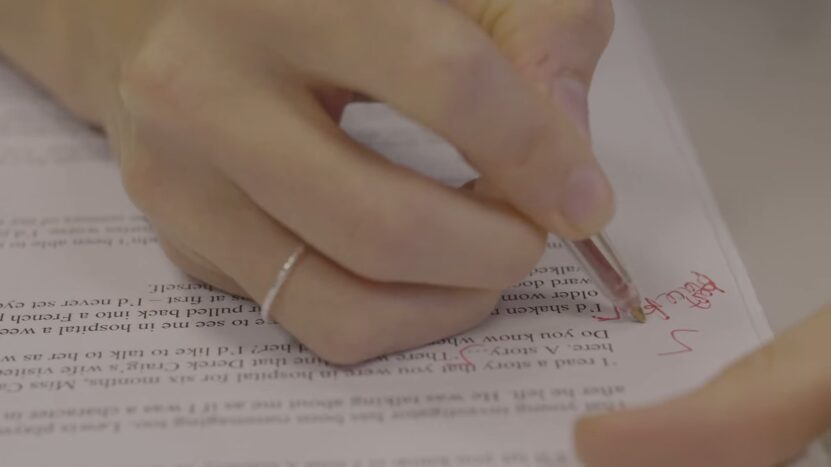
Before searching, pinpoint what editing aid is wanted. Development? Grammar? A last look-over alone?
Knowing thy aims helps the right find. Scope and crowd matter too in selection care.
If tale intricate is, one pair of eyes may not do. Multiple readings bring the best polish through.
Note story’s land as well for suited minds. Those domain-wise bring full grasp and counsel fine.
Readiness, sure helps connect in the end. Labors then bear bounty as the message finds its kith and kin.
2. Seek Recommendations

Talk to other scribes about editors they recommend. Ask how editors work and what projects they helped refine. This insight helps pick one with skills for your needs.
Networking offers chances to meet editors directly too. Ask writers about experiences working with editors too.
When opportunities arise, take them as chances to find the right fit. Multiple perspectives prevent missteps in your search.
Connect in Writing Communities
Join forums to hear what editors and others suggest. Learn from discussions on working with editors. Some may list openings too – a direct path to services.
Cross-check recommendations with others to ensure credibility and trust.
3. Review Portfolios and References

Ask editors about previous work – the range of styles and subjects. Seeing how they guided others gives insight into their approach.
Find out how they’ve solved challenges before. Understanding problems they’ve faced and overcome builds confidence.
Check Recommendations
Editors should have praise from clients they’ve helped. Read testimonials commenting on work quality, timeline, and communication.
Contact past customers directly for details too. Transparency helps ensure the right fit for your book.
4. Consider Qualifications and Experience

Look for editors having degrees or courses in writing craft. Years of working prove their skills, especially with themes like yours. Those who’ve guided similar works before will serve you well, I’m sure. Formal schooling or not, what matters most is understanding the story’s flow.
Some editors join groups ensuring high standards all embrace. Commitment to lifelong learning and ethics uplift us each. Connections there may aid your book – additional support they bring.
5. Evaluate Communication Style
Talk with editors about your book – how well they grasp your aim. Note questions that show care for paths ahead with care.
Your editor should suit your spirit in this work you envision. Synergy in saying and goals makes labor seem but play’s part.
When suggestions respect your hold and ring your book’s heart true, refinement comes without pains to buoy your craft anew.
6. Compare Prices and Services
Editing services vary in cost. Obtain quotes from several editors to compare prices relative to the services offered. Remember, the cheapest option is not always the best. Balance cost with the quality of services provided.
It’s important to consider what each editor includes in their pricing—some might provide additional rounds of editing or detailed feedback which can be invaluable.
7. Trust Your Instincts
After reviewing all the information, trust your instincts. If an editor seems like the right fit in terms of professionalism, working style, and mutual respect, it might be wise to proceed. An editor’s credentials and portfolio are important, but so is your comfort with their approach.
If you feel a strong sense of trust and confidence in an editor’s abilities, this can contribute significantly to a successful collaboration.
Make an Informed Decision

Choosing the right editor involves weighing all these factors. A careful and informed decision will likely lead to a productive and enjoyable editing experience. Consider making a pros and cons list for each editor you’re considering to visually parse your options.
Consult with trusted peers or mentors who can offer additional insights or perspectives on your final choices.
Wrapping It Up
Finding the perfect editor for your book can feel like searching for a needle in a haystack, but with the right approach, it’s entirely achievable.
As we’ve explored in these seven steps, the key lies in understanding your needs, seeking genuine recommendations, scrutinizing portfolios, valuing experience, ensuring effective communication, comparing costs, and trusting your instincts.
I can assure you that taking the time to find the right person for your book will make a significant difference in the quality and success of your published work, regardless of whether you’re aiming for eBook, print, or both formats. Each choice presents unique opportunities, and aligning with the right editor will ensure your story shines in any medium.
Your story deserves the best, and with these strategies, you’re well on your way to making sure it shines in the hands of your readers.
I’m Anastasia, and I’ve just wrapped up my postgraduate studies in literature. I absolutely love writing books. It’s my way of weaving new worlds and breathing life into the characters that keep me up at night. Literature isn’t just a field of study for me; it’s a canvas where I paint with words. Through my writing, I hope to connect with others who share my love for storytelling and to contribute something meaningful to the literary world.
Related Posts:
- 10 Best Romance Books for Beginners - The Art Of…
- 16 Ways to Describe Emotions Without Making Your…
- 13 Strategies to Promote Your Book on Social Media
- Write a Book Description That Retains Your Readers
- How to Create a Marketing Plan for Your First Book
- Guide to Get Your Book into Libraries - How to Secure a Spot
